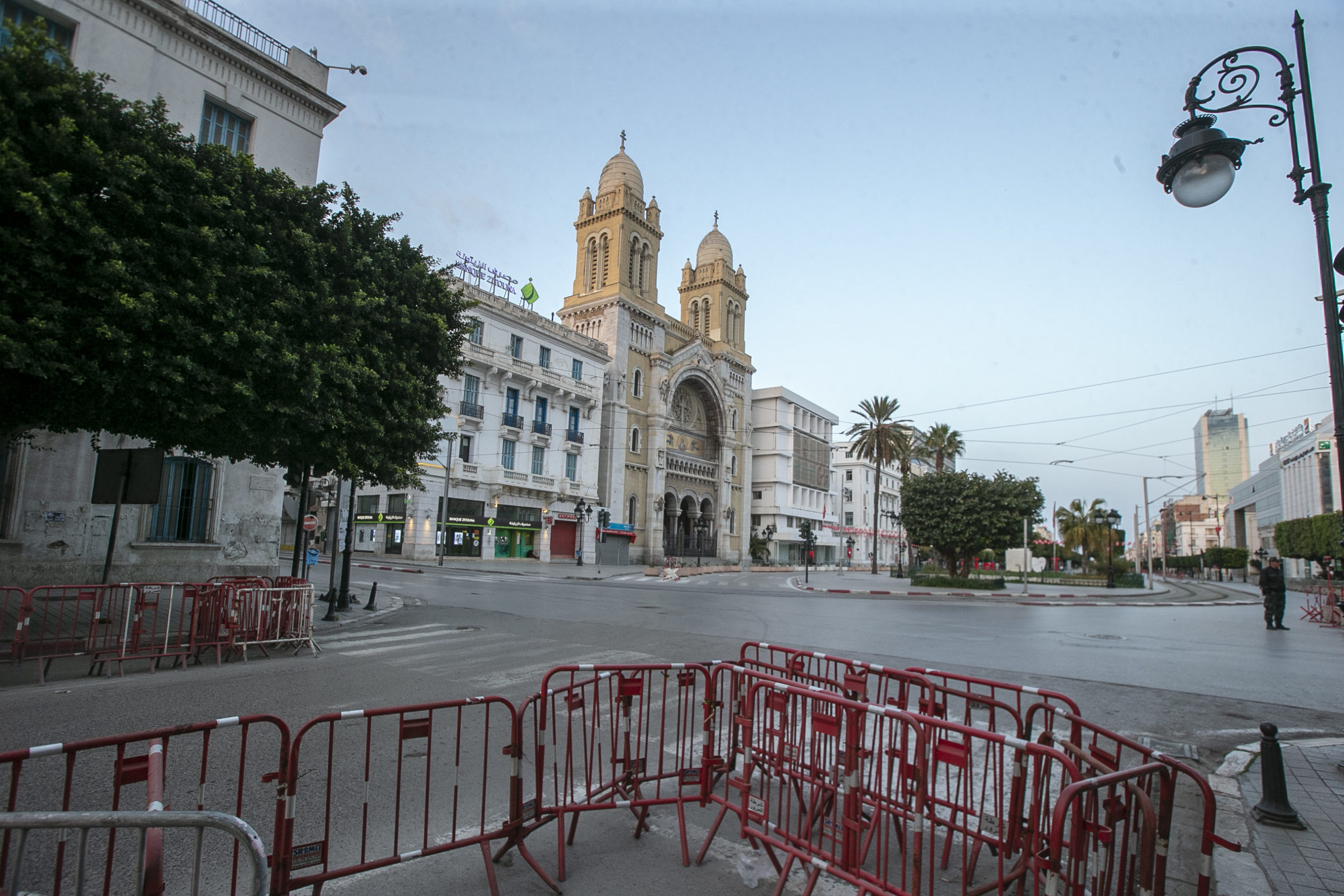Tunisian authorities must protect the rights of the judiciary, the accused and other proceeding participants as judicial proceedings resume following COVID-19 lockdown, says the ICJ and Association des Magistrats Tunisiens in a briefing paper published today.
From 17 March 2020, the Tunisian President and executive authorities instituted exceptional measures to prevent and contain the spread of COVID-19, which included the suspension of judicial proceedings except for urgent matters, as well as work on all categories of cases by the prosecution, investigating judges and indictment chambers.
Subject to the Prime Minister’s national strategy, adopted on 2 May 2020, and a subsequent decision by the Minister of Justice, judicial proceedings are set to resume in full on 15 June 2020.
Prior to the adoption of a national strategy, the Prime Minister amended the Code of Criminal Procedure by Decree No. 2020-12 to permit remote hearings generally where the accused consents and, in situations of imminent danger or to prevent the contagion of a transmittable disease, irrespective of whether they consent.
Such developments raise concerns with respect to the modalities of proceedings and protection of all participants’ rights under international human rights law.
As Tunisia gradually lifts COVID-19 containment measures and judicial proceedings resume, Tunisian authorities must ensure that sufficient guarantees are put in place to protect the accused’s rights to liberty and a fair trial, victims’ right to an effective remedy and the judiciary and other proceeding participants’ rights to life, health and a safe and healthy working environment.
The briefing paper addresses these issues, submitting that:
- Tunisian authorities must adopt protective measures to ensure the rights to life, health and a safe and healthy working environment for all proceeding participants;
- Tunisian authorities should ensure remote hearings only occur where compliant with international law and standards governing criminal trials;
- Courts should remain available for urgent matters pending the adoption of protective measures; and
- Adjustments to the modalities of conducting trials should ensure the rights of the accused and victims are respected in Specialized Criminal Chambers’ proceedings.
Contact:
Kate Vigneswaran, Senior Legal Adviser, ICJ Middle East and North Africa Programme, t+31624894664 ; e: kate.vigneswaran(a)icj.org;
Anas Hmedi, President, Association des Magistrats Tunisiens: t +21698242625 ; e: anashmedi(a)gmail.com
Tunisia- judicial proceedings pandemic-Advocacy-briefing paper-2020-ENG (full briefing paper in PDF)
Tunisia- judicial proceedings pandemic-Advocacy-briefing paper-2020-ARA (full briefing paper, Arabic version, in PDF)

